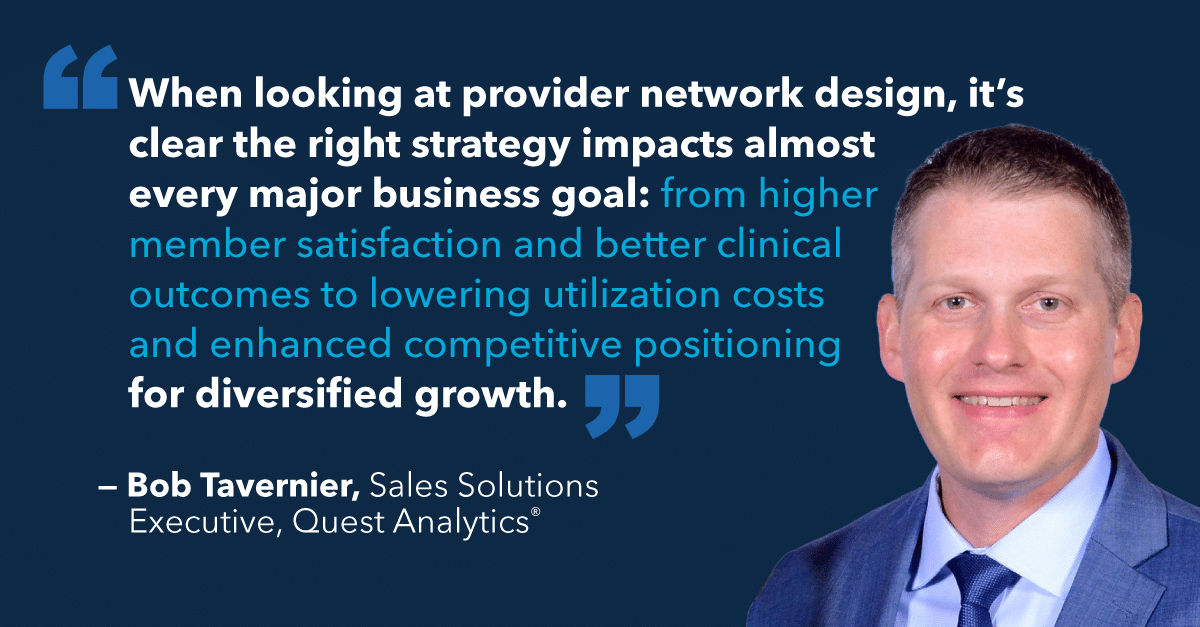Reprinted from the April 3, 2019, article in Inside Health Policy.
CMS emphasized the importance of accurate provider directories for Medicare Advantage plans, saying that inaccuracies can bring plans’ network adequacy into question, but did not finalize new policy to improve the directories as part of the MA and Part D call letter for next year.
In the draft call letter released in late January, CMS said its third year of online provider directory reviews found that MA plans have “not achieved acceptable levels of accuracy” though the agency says it recognizes keeping directories accurate is complex.
The review, published last November, found that more than 48% of provider directories had at least one inaccuracy, CMS said. This included incorrect phone numbers, incorrect provider locations and entries that said providers were accepting new patients when they were not.
“One common struggle expressed by industry is that there is no centralized repository for provider directory data, often referred to as a ‘source of truth.’ As a consequence, the current process of verifying the accuracy of provider information can present an undue burden on providers, as multiple plans, in an effort to validate their directory information, ask providers the same validation questions,” CMS said in the draft call letter.
In the final call letter released Monday (April 1), CMS said “inaccurate provider directories may impede access to care and bring into question the adequacy and validity of the MAO’s provider network.”
CMS also acknowledged some stakeholders had asked CMS to be lenient on plans that have made a good faith effort to be accurate and reach out to the provider community, as well as to hold plans with non-compliant directories accountable.
“Many plans expressed that they want to work with CMS to develop a single source for directory data,” CMS also said.
In its comment letter, America’s Health Insurance Plans (AHIP) applauded CMS’s focus on the complexities of provider directories and reiterated insurers’ commitment to correcting directory inaccuracies.
AHIP also called on CMS to avoid penalizing plans that have undertaken a good faith effort to improve their directories.
CMS said the agency will continue working with MA plans and providers to identify a single source for demographic provider directory data and asked stakeholders to continue to provide commentary on the topic.
The American Medical Association (AMA) last month disagreed with the draft call letter’s assertion that the problem with inaccurate directories is the lack of a central repository for provider data, but advocated for a new way for plans to update provider info. “MA plans could reduce the administrative burden on themselves and on physicians if they would use a common system for updating provider directory information,” the group says.
AMA called CMS’s repetition of the need for a central provider data repository in the final call letter erroneous. The doctors called on CMS to put enforcement actions into place for non-compliant payers.
“Evidence from three separate Medicare Advantage audits conducted by CMS from 2016 to 2018 exhibit ongoing inaccuracies in online provider directory information, with the lack of improvement in this critical information source globally affecting patient access and quality care delivery,” AMA said.
The Center for Medicare Advocacy also called for vigorous enforcement actions for inaccurate directories.
In a proposed rule on interoperability released in February, CMS proposed that MA, Medicaid and CHIP plans, as well as Medicaid and CHIP fee-for-service programs, be required to make provider networks available to enrollees and prospective enrollees through application programming interface (API) technology, a proposal CMS noted in the final call letter.
John Weis, president and co-founder of Quest Analytics, said CMS’s proposal to use APIs to provider directories will only expose beneficiaries to more inaccurate data. He said the final call letter confirms what the industry has been wrestling with: Provider information is not easily attainable through quarterly phone calls. “Information is subject to whoever answers the call,” Weis said.
Weis also praised CMS’s acknowledgement of a link between network adequacy and provider directory accuracy, saying one cannot be measured without the other. “If you have a poor directory, imagine what the implications are on the network adequacy — and the reverse is true as well,” he said.
Fixing the problem, he said, would likely take some time for plans and CMS to work on together. “It’s about collaboration. It’s not about dictating: Here is the golden solution,” he said.
— Chelsea Cirruzzo (ccirruzzo@iwpnews.com)








